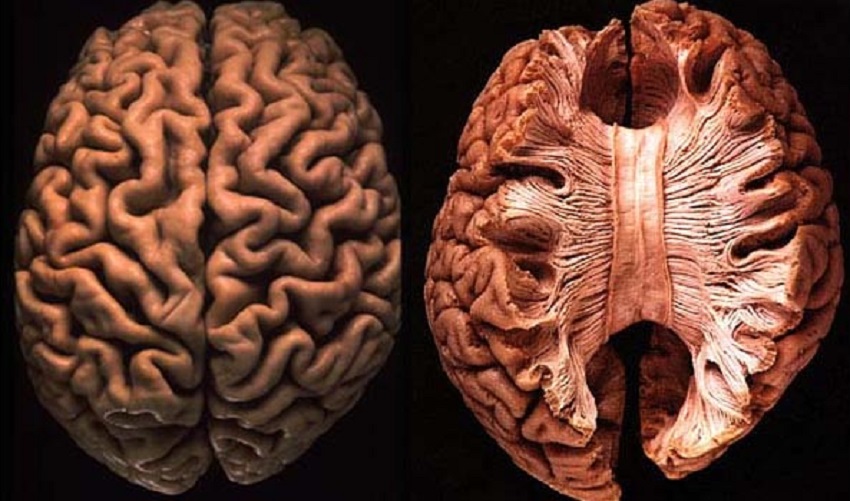Well, let’s start off by first acknowledging that it’s wrong to think of dementia as a particular disease, it is not. Another thing, we should dismiss our willingness to assume the condition is kind-of normal for older adults; again, it is not.
True, you will find that most people suffering dementia are older people. But that doesn’t certify the disorder as a normal condition for growing old. Virtually anyone can go dementia and, it’s more medically accurate to regard dementia as a set of traits and symptoms triggered by disorders affecting the brain.
Primarily, dementia affects brain function to such extent one’s usual social and working life is hampered. It is such memory loss that not only affects one’s thinking but generally affects behaviour and the performance of daily functions.
Per WHO (World Health Organisation), dementia is projected to skyrocket and affect 82 million people in the world come 2030. And, by 2050, it is expected that the figures would soar, reaching 152 million people across the globe.
The body described the condition as a chronic or progressive syndrome facilitating deterioration in cognitive function which affects memories as much as it does thinking and behaviour. The ultimate consequence is the inability to carry out day-to-day normal functions and to effectively relate with those around you.
While much of the projected increase stated above have been attributed to the high and increasing rate of people who have dementia in underdeveloped and developing countries, there are other things to know about the health condition.
1. Each Year Comes With 10 Million New Cases
Per WHO, there was a time the estimated proportion of the population from 60 years and above living with dementia is between 5 to 8 persons for every 100 individuals. Considering it that way, you may be tempted to relax and believe it isn’t a big deal. But, it is; unless if you think that about 50 million people having dementia across the globe isn’t a cause for concern.
Out of the huge figure, 60 percent are living in underdeveloped and developing nations and for each year, about 10 million new cases are reported.
2. Don’t Make It A Thing For Old Buddies, Young Onset Dementia Is Real
Yeah, this is undeniable – age is the biggest, most known risk factor for dementia. Nonetheless, the condition is not unavoidable for growing old and, it affects young people as well. In fact, it said that young-onset dementia is responsible for no fewer than 9% of the recorded cases.
Speaking of the risk factor, it is a common view among some experts in the field that dementia can be triggered by lifestyles like unhealthy eating, smoking, alcohol, physical inactivity, obesity, diabetes and midlife hypertension. That’s not all, it is also believed that low education, depression and social isolation are also risk factors.
Don’t Miss: RECENT RESEARCH LINKS SHAPE OF PENIS TO RISK OF CANCER
3. Dementia Is Economically Milking The World

Beyond the social impact of dementia, its economic cost is enormous. The last time it was checked (in 2015) it was found that the total global cost of dementia is $818 billion. This is in terms of social, informal care and direct medical cost.
4. The Condition Has No Cure
This is where it gets disturbing. Dementia is progressive and the condition is bound to worsen each day. Yet, there is no treatment that can cure dementia or stop it from progressing. While many possible treatments are being explored, nothing worthwhile has come out of it.
Nevertheless, WHO highlighted the following as the things that could be done to improve the lives of those with dementia:
- Early diagnosis and early optimal management;
- The optimization of physical health, cognition, activity and well-being;
- Observing, identifying and treating accompanying physical illness;
- Detecting and treating challenging behavioural and psychological symptoms;
- Offering information and enduring support to carers.
5. The Early, Middle And Late Stage Signs And Symptoms
All the people living with dementia do not suffer the condition in the same manner. It affects each and every one of them in a peculiar way largely determined by the personality of the patients. However, the following are the general signs and symptoms of dementia in its early, middle and late stage.
Early Stage
- Change in personality,
- Confusion and forgetfulness;
- Lack of interest in doing anything;
- Losing track of time.
Middle Stage
While the signs and symptoms are often ignored in the early stage, they become more obvious in the middle stage. The signs and symptoms here include:
- Being lost almost always;
- Communication becomes a difficult task;
- Asking the same question repeatedly;
- Inability to remember recent events and people’s name;
- Lose of ability to perform usual tasks.
Read Also – COCKROACH MILK AND OTHER NASTY FOODS SCIENTISTS SAY IS GOOD FOR YOUR HEALTH
Late Stage
At this point, it becomes impossible for sufferers to be independent. It’s normally as though they have lost every sense of self-awareness. The symptoms include:
- Increased need for assisted self-care;
- Being unaware of time and places;
- Walking becomes a hectic task;
- Extreme change in personality;
- Inability to recognize friends and relatives.















